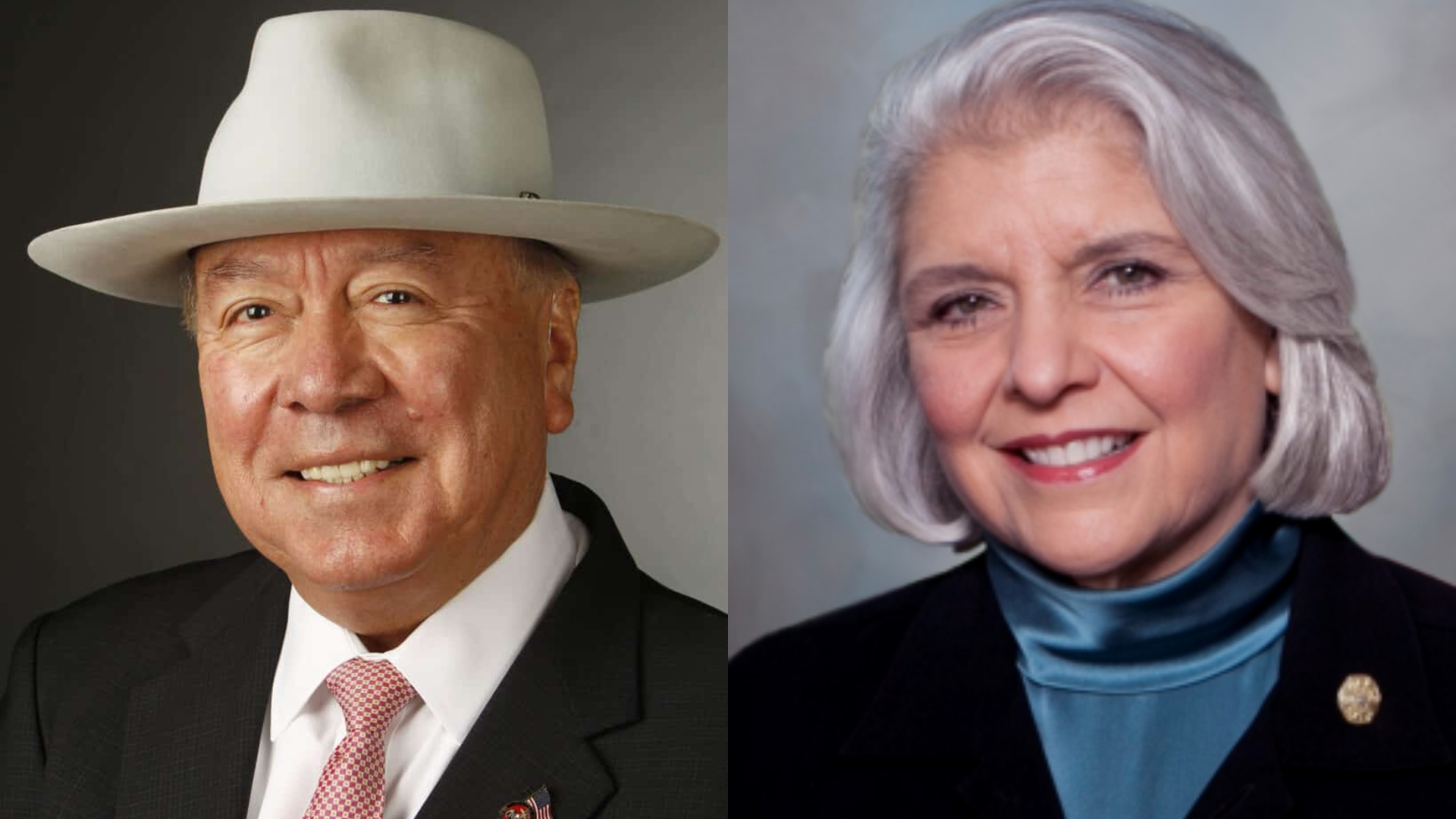
Two South Texas senators representing the Rio Grande Valley were appointed by Lt. Gov. Dan Patrick to serve on a committee charged with making schools and communities safer following the massacre at a Uvalde elementary.
Eleven state senators were selected to form part of the Senate Special Committee to Protect All Texans created June 1. Only three are democrats — and two are from the Valley — and none of them represent Uvalde, where the school shooting that prompted the committee’s creation took place.
But similar threats of violence exist in all corners of the state, including the Valley.
On the same day of the Robb Elementary School massacre, police in Donna received an anonymous tip that led to the arrest of four students accused of planning a shooting at a high school. Police followed through on the tip the following day and confiscated a rifle and body armor.
“I’m not surprised,” state Sen. Juan “Chuy” Hinojosa said Friday.
Hinojosa and Judith Zaffirini, a state senator who represents Starr County, were both tapped by Patrick to serve on the committee.
Hinojosa said he is accustomed to hearing about mass shootings.
“Anytime you pick up a newspaper there’s a mass shooting going on or taking place,” he said.
Forming committees in response to the shootings is not unprecedented.
“We have had mass shootings before, and there have been committees appointed and groups that studied school safety,” Hinojosa said, recalling the Santa Fe, Texas shooting in which ten people were killed at a high school in 2018.
Roundtable discussions were held shortly after.
The following year, the legislature passed Senate Bill 11, which includes the expansion of mental health initiatives and funding to increase safety and security on school campuses.
Schools are required to provide mental health services to students, train officers, create threat assessment teams and develop a multi-hazard emergency operation plan, or EOP, with subsequent audits.
Standards were set, but they were largely unmet, according to findings by a District Audit Report from 2017 to 2020 compiled by the Texas School Safety Center (TxSSC), which was created by the 77th Texas Legislature.
“The audit findings indicate 986 districts reported having adopted an EOP,” the report said. “However, of the 1,022 districts in the EOP review process, the TxSSC determined that 162 districts did not have an existing EOP.”
Most notably, “only 67 districts statewide had an EOP that was deemed sufficient, meaning it met the common or best practices necessary to be a viable EOP,” the report concluded.
Uvalde’s shooting further proved the bill was insufficient in preserving the lives of the most vulnerable entrusted to the state’s public school system.
“One of the things we failed to do was have groups of accountability and enforcement mechanisms in that law. So, many school districts didn’t follow through for various reasons,” Hinojosa said, though he did not serve on the senate committee created in 2018. “Now we look at that aspect on how to improve what we started in Senate Bill 11.”
Gov. Greg Abbott instructed Patrick to create the legislative committee in a letter he sent June 1, which instructed the committee to take a closer look at topics like school safety, mental health, social media, police training and firearm safety to find meaningful action to prevent further tragedies.
Conversations, meetings and proposals will soon follow about school district compliance with emergency response plans, increasing mental health services for students and training for officers.
Abbott also instructed the Texas Education Agency’s commissioner in a separate letter to determine the cost for school districts to comply with heightened safety standards for existing facilities, instruct districts to identify actions they can take to improve security at the start of the year, and conduct weekly inspections of exterior doors to ensure they’re secure during school hours.
Hinojosa will consider suggestions to enhance safety, but he believes the list falls short of one factor: gun control.
“At some point we need to look at some gun requirements. We’re not talking about extensive gun control measures,” the senator said, proposing what he believes are “common sense” solutions, like red-flag laws, universal background checks, and different age limits.
“We need to focus on raising the minimum age to purchase an assault rifle from 18 to 21. If that had been in place, this would not have happened in Uvalde,” the senator said. “Maybe require a cooling off period for the purchase of an assault weapon — ten or five days.”
As one of three democrats in the mostly republican committee, Hinojosa’s suggestions are poised to face challenges.
“Those are very common sense gun reforms that are needed,” he added optimistically.



